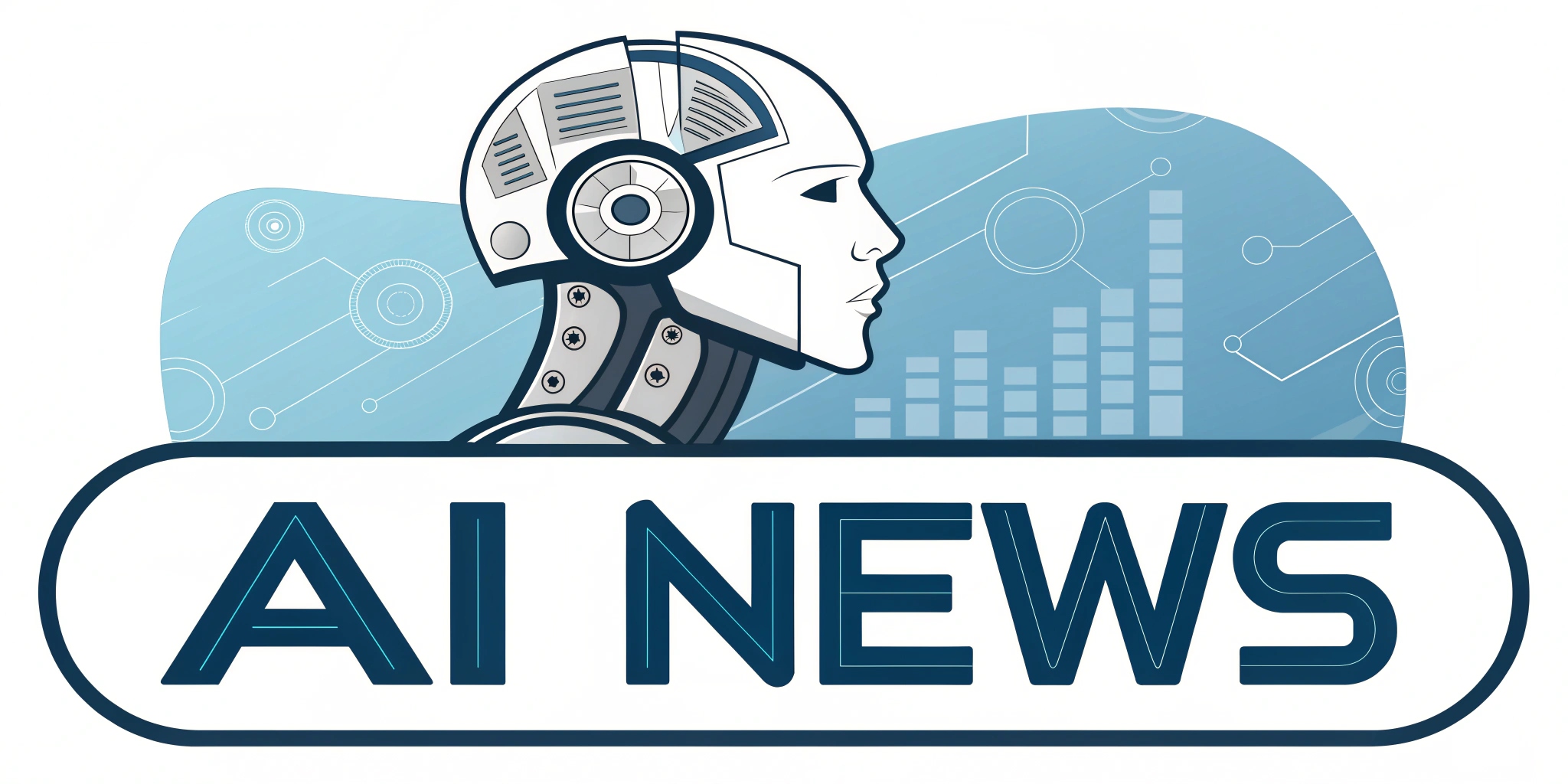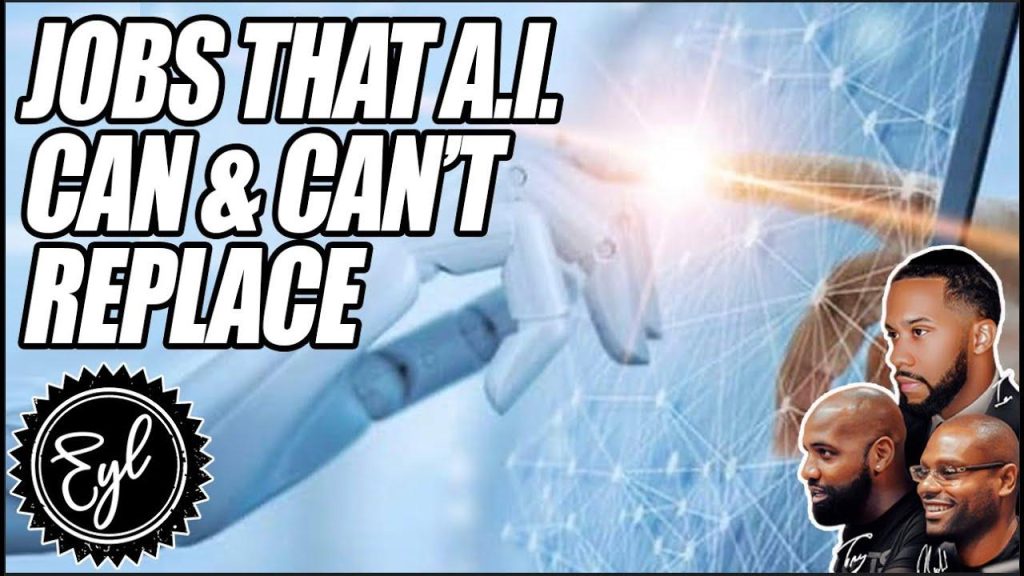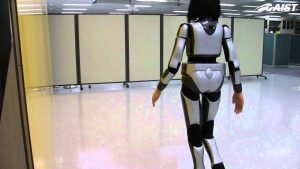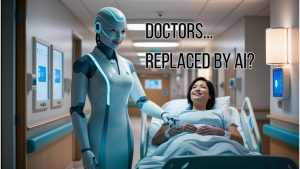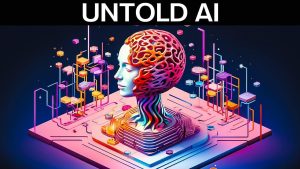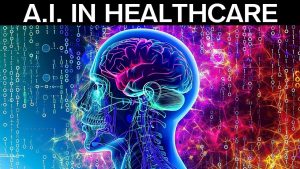In a recent conversation among influential figures, the rising impact of artificial intelligence (AI) on various job sectors sparked an engaging debate that quickly gained traction on social media. The group, including Troy, 19 Keys, and Abdullah, discussed which professions are most vulnerable to automation and which ones are likely to remain secure in the foreseeable future.As they shared insights and sparked lively dialogue, they identified five jobs that AI is poised to replace soon, including customer service representatives, taxi and truck drivers, medical assistants, cashiers, and even computer coders. While the discussion highlighted the undeniable efficiency and transformative potential of AI, participants also acknowledged the importance of human oversight, especially in training and maintaining the technology. With AI technology advancing rapidly, the implications for the workforce and the future job market are becoming increasingly clear, suggesting a seismic shift in how we view work and its relationship with technology.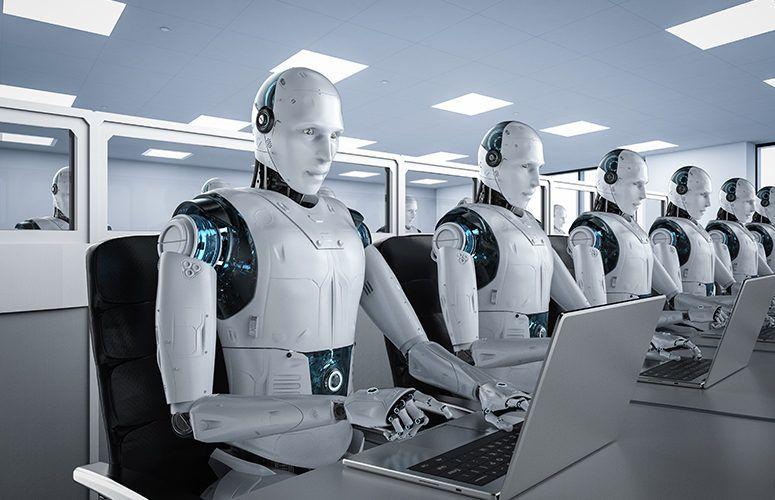
The Transformative Impact of AI on the Workforce
As AI continues to reshape the landscape of employment, its influence extends beyond merely taking over specific tasks to altering organizational structures and labor dynamics.The integration of AI technologies enables businesses to streamline processes and improve productivity, leading to shifts in job design. Certain roles are evolving into more strategic positions,demanding a blend of human intuition and machine effectiveness.As an example, professionals in fields such as marketing and finance are now leveraging AI for data analysis, freeing them to focus on creative strategy and innovative thinking. This allows teams to direct their efforts toward areas that machines cannot navigate, such as understanding consumer emotions and forging relationships.
However, not all career paths are equally affected by the rise of AI; many sectors still require the inherent human touch and complex decision-making capabilities. Jobs in areas such as healthcare, education, and specialized trades remain resilient due to their reliance on interpersonal skills and nuanced understanding of human behaviour. The distinction can be outlined as follows:
- Vulnerable Roles: Routine tasks with clear parameters, like data entry or manufacturing line work.
- Resilient Roles: Jobs needing emotional intelligence, empathy, and real-time problem solving, such as therapists, teachers, and skilled craftsmen.
While the future is uncertain, it remains evident that adapting to these changes will be crucial for both employees and employers, fostering a dynamic surroundings where human and machine collaboration is key.
Jobs at Risk: Roles Primed for Replacement by AI Technology
As automation technologies continue to advance, several jobs may find themselves at risk of obsolescence. Research indicates that repetitive tasks and high-volume service roles are particularly susceptible to being undertaken by AI systems.For example, call center operators, whose responsibilities frequently enough revolve around standard queries and problem-solving processes, face increasing competition from AI-driven chatbots and virtual assistants, which can handle customer interactions more efficiently.Similarly, transportation jobs like truck driving are anticipated to change significantly with the adoption of autonomous vehicles, potentially displacing a sizable segment of the workforce if these technologies become widely accepted. Other roles, such as cashiers and retail workers, are also vulnerable as self-checkout systems gain popularity, allowing retailers to operate with fewer human employees.
On the flip side, certain professions are expected to thrive amidst these technological shifts due to their need for complex decision-making, creativity, and interpersonal skills. As a notable example, roles in the arts, such as those of writers and designers, rely heavily on human ingenuity and emotional resonance, qualities that AI has yet to master. Similarly, positions in healthcare, where empathy and nuanced patient care are paramount, demonstrate resilience against the growth of AI. Understanding this divide can aid in preparing both individuals and organizations for the evolving landscape of work. Key areas of focus include:
- Jobs at High Risk: Administrative roles, transportation, and basic customer service positions.
- Stable Professions: Creative fields, healthcare, and education relying on emotional intelligence and critical thinking.
Emphasizing the need for upskilling and adaptability is vital for a successful transition into a more automated future.
The Human Element: Professions AI Can’t Easily Replace
In a world increasingly influenced by technology, certain professions stand out as embodying the irreplaceable aspects of human capability. Roles that hinge on empathy, creativity, and the ability to navigate complex social interactions are hard for machines to replicate. For example, mental health professionals provide not just therapy but also emotional support, utilizing a deep understanding of human emotions that goes beyond algorithmic responses. Similarly,educators harness their personal experiences and insights to motivate and inspire students,fostering a learning environment that requires more than simply imparting knowledge but also understanding diverse backgrounds and adapting to individual needs.
Furthermore, specialized trades such as craftsmanship and artistry showcase the unique human touch that machines cannot replicate. These careers not only demand technical skills but also a sense of cultural context and storytelling that enriches the final product. The nuanced judgment involved in fields like culinary arts or fine arts reflects an interplay of tradition, emotion, and innovation that remains distinctly human. As society progresses, the emphasis on these inherently human traits reveals a pathway for future careers, emphasizing the importance of nurturing skills that machines cannot easily emulate. Key resilient professions include:
- Healthcare practitioners: Physicians and nurses focusing on patient care.
- Creative professionals: Designers and artists who bring unique visions to life.
- Educators: Teachers who inspire and adapt to diverse learning needs.
Adapting to Change: Recommendations for Upskilling and Career Transition
As the workforce adapts to the encroachment of artificial intelligence, individuals must prioritize the progress of skills that complement advanced technologies. Emphasizing continuous learning and flexible mindsets will prove essential in navigating the evolving job market. Key strategies for success include:
- Embrace Lifelong Learning: Actively seek out courses, workshops, and online resources to learn new skills and stay abreast of technological advances, focusing on areas like data analysis and digital literacy.
- Network and Collaborate: Engage with peers in your industry to share insights, exchange ideas, and collaborate on projects that leverage AI tools effectively.
- Focus on Soft Skills: Develop abilities such as interaction, empathy, and problem-solving, which are increasingly valuable in professions that AI cannot replicate.
Career transitions may also require individuals to re-evaluate their current roles and consider how they can pivot to areas less susceptible to automation. Identifying sectors that value human intuition and creativity can guide this process. Key recommendations include:
- Explore Emerging Fields: Investigate domains such as AI ethics, digital marketing, and healthtech, which require a human touch alongside technological expertise.
- Personal Branding: Cultivate a strong professional identity online through LinkedIn and other platforms to showcase your unique skill set and experience.
- Volunteer and Intern: Gain experience in new areas through volunteering or internships, which can provide valuable exposure to different industries and help build essential networks.
